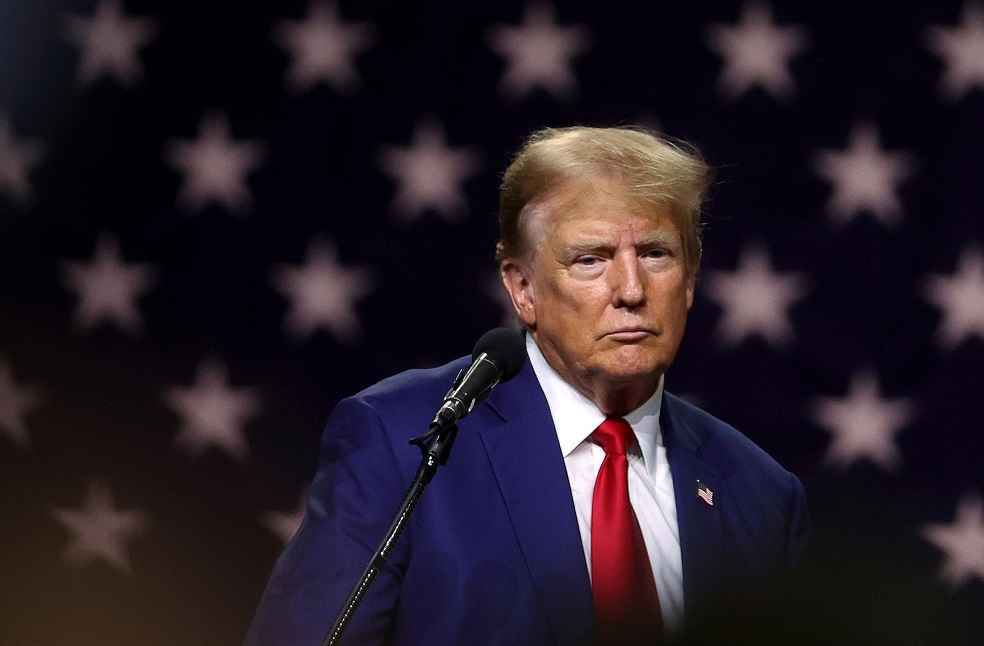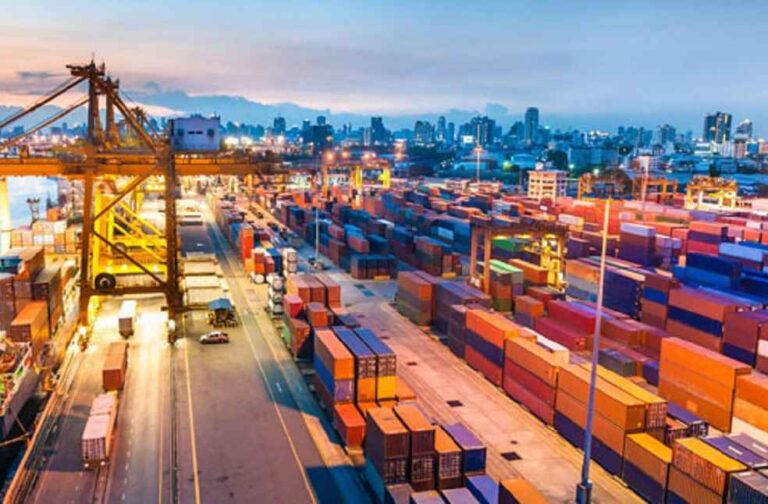India is set to recalibrate its import-export policies to bolster domestic businesses and consumers amidst evolving global market trends. The government is engaging in interministerial and industry consultations to identify opportunities to expand the value and volume of Indian exports, sources told CNBC-TV18.
This strategic shift aligns with efforts to secure competitive advantages for Indian exporters, especially in light of US President-Elect Donald Trump’s proposal to impose a 60% tariff on Chinese goods. Officials are targeting specific regional trade groups to enhance India’s export reach and are exploring sub-sectors within services to improve overall export performance.

The move comes as global trade undergoes significant transformations driven by technological advancements, such as the rise of Artificial Intelligence (AI), the ongoing energy transition, and geopolitical uncertainties. The Russia-Ukraine conflict, Middle Eastern tensions, and regional skirmishes are further reshaping the global economic landscape.
These efforts also coincide with a year marked by widespread electoral activities, with over 4 billion people in 100 countries—nearly half the global population—participating in national elections in 2024. Among the world’s 10 most populous nations, eight have elected their leaders this year, including India, the United States, Indonesia, Brazil, Russia, Pakistan, Bangladesh, and Mexico.

India’s proactive approach to reworking its trade strategies reflects a commitment to strengthening domestic industry while navigating the complexities of the global market.
POLICY & LAW | EU and Mercosur Seal Historic Free Trade Deal After 25 Years



